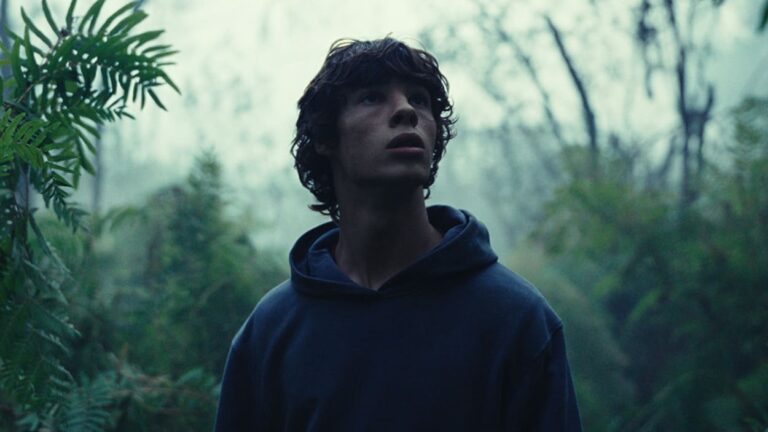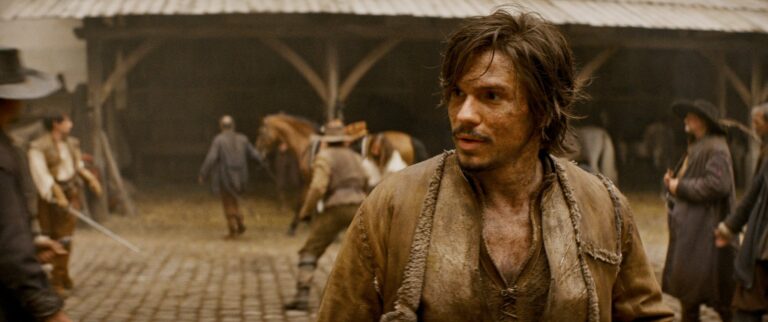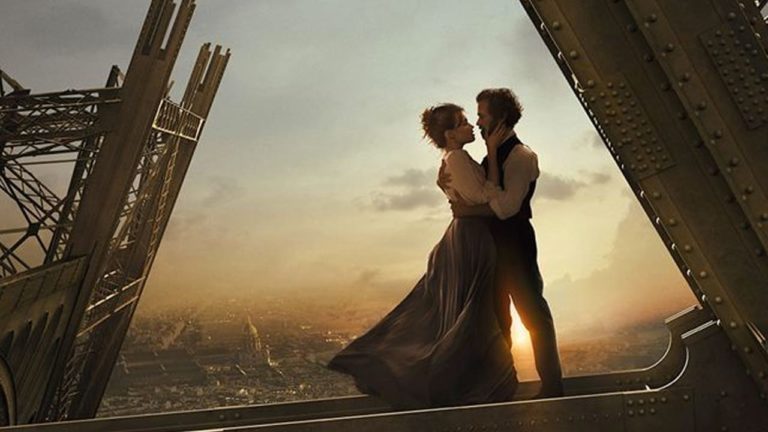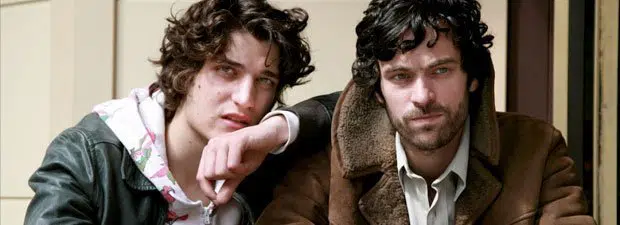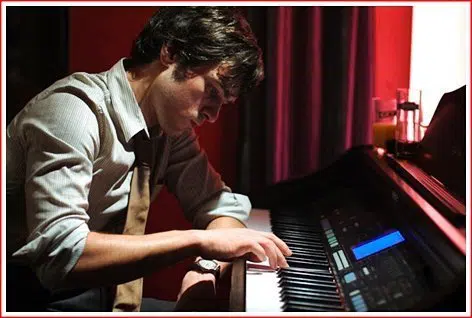The Animal Kingdom
The original title of The Animal Kingdom is Le Règne Animal, because it’s a French movie. That’s why you most likely haven’t heard of it and also probably why it isn’t the global phenomenon it should be. First, let’s be clear that it’s nothing to do with Animal Kingdom, David Michôd’s superbly gnarly Australian crime drama from 2010, or its US TV spin-off, or the metaphysical experimental Irish movie of the same name. The Animal Kingdom is a beast of an entirely different colour, one that’s watched an awful lot of Steven Spielberg movies. Director Thomas Cailley borrows the mood, structures and tropes of Spielberg in playful, corny ET mode to tell the … Read more
